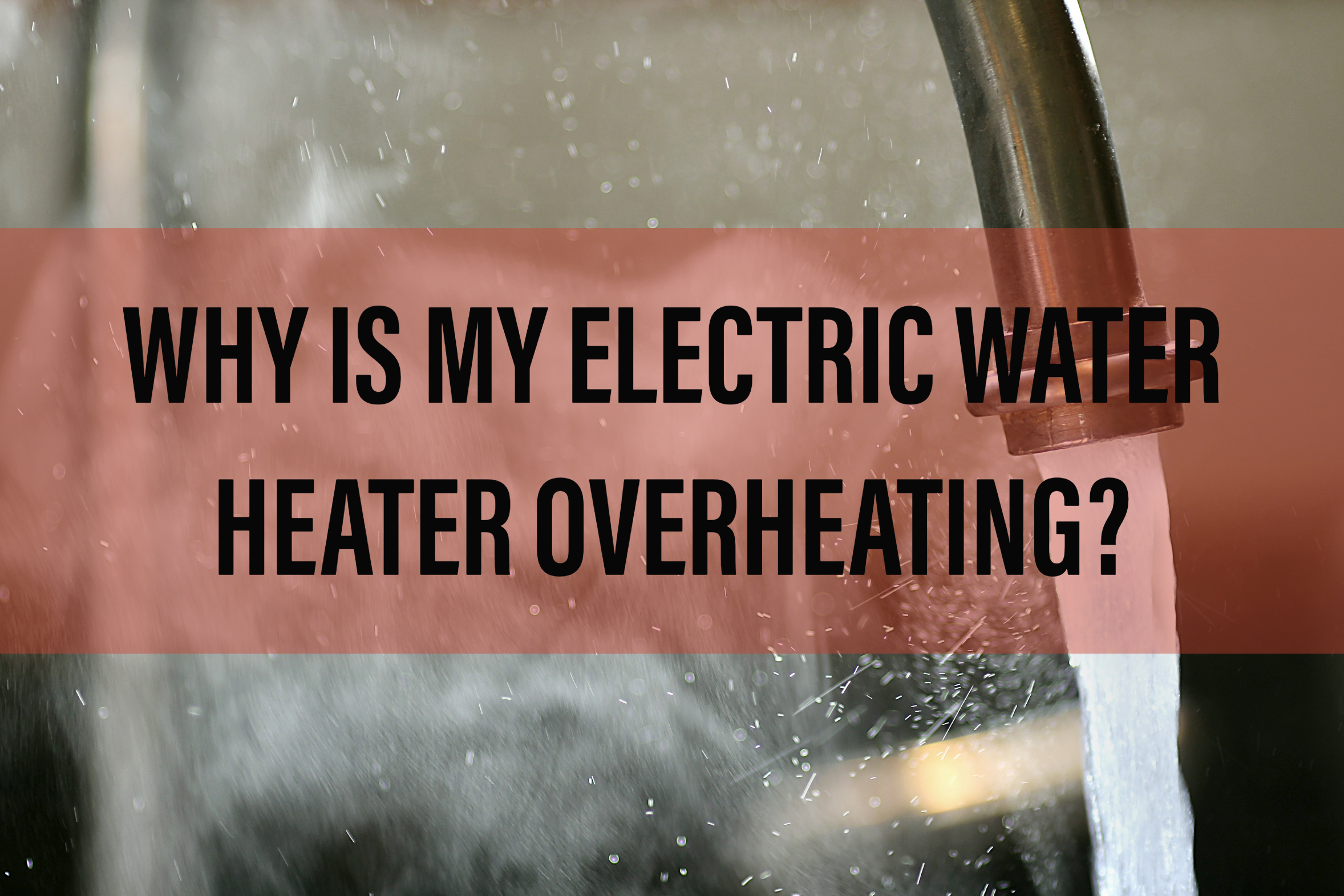Do you have an electric water heater that tends to overheat? This seems to be a common occurrence with electric water heaters, and let’s face it, no one wants to be scalded with hot water spewing out of their faucets and showers. So, if you ever find yourself in the unfortunate situation of dealing with an overheating water heater, lucky for you, your buddies at Springboro Plumbing & Drain have got your back! We’ve put together the three most common reasons why your electric water heater might be overheating:
1. Consider the Thermostat
The thermostat in your electric water heater is super important. It’s like the control center that decides when to turn on the heating element and keep your water at the perfect temperature. But, if you set the thermostat too high, it’ll keep heating the water to that elevated temperature. Aside from just wasting energy, it can also make the water dangerously hot. Another reason your water heater may be overheating is due to a faulty thermostat. So, if your thermostat starts acting up, it might not give an accurate reading of the water temperature or control the heating element properly. This can result in the heating element staying on for longer than necessary, which can lead to overheating.
To check if the thermostat is causing the problem, first, make sure it’s set to the right temperature. If it still doesn’t work, it’s a good idea to get a professional to come and take a look. They can inspect it and maybe even replace it if needed.
2. Consider the Heating Element
The heating element is what actually heats up the water in your electric water heater. Just like any other mechanical part, it can wear out over time. For example, sometimes, a faulty heating element can get stuck in the “on” position, continuously heating the water, even when it’s already at the set temperature. And you know what happens then? Yep, it can lead to overheating! So, if you think there’s something wrong with the heating element, a licensed plumber can check what’s going on and replace the element if needed.
3. Consider Sediment Buildup
Over time, sediment buildup can form at the bottom of your water heater tank. This is mostly made up of minerals and debris from your water supply. (It’s important to regularly maintain your water heater to prevent this buildup.) When sediment builds up, it acts like an insulator, creating a barrier between the heating element and the water. This makes it harder for the heating element to transfer heat effectively, which can cause overheating.
To fix the issue of sediment buildup, you’ll need to have the tank flushed. Since it involves water and electricity, it’s a good idea to have a licensed plumber handle this task for safety reasons.
To wrap it up, dealing with an overheating electric water heater is a problem that requires immediate attention. Not only can it lead to scalding, but it can also cause damage to your unit and spike up your energy costs. So, if you’re facing overheating issues, feel free to reach out to us! We’re here to help and get you up and running again!
Call Springboro Plumbing & Drain today at (937) 912-1338, or schedule an appointment online now by clicking here!







